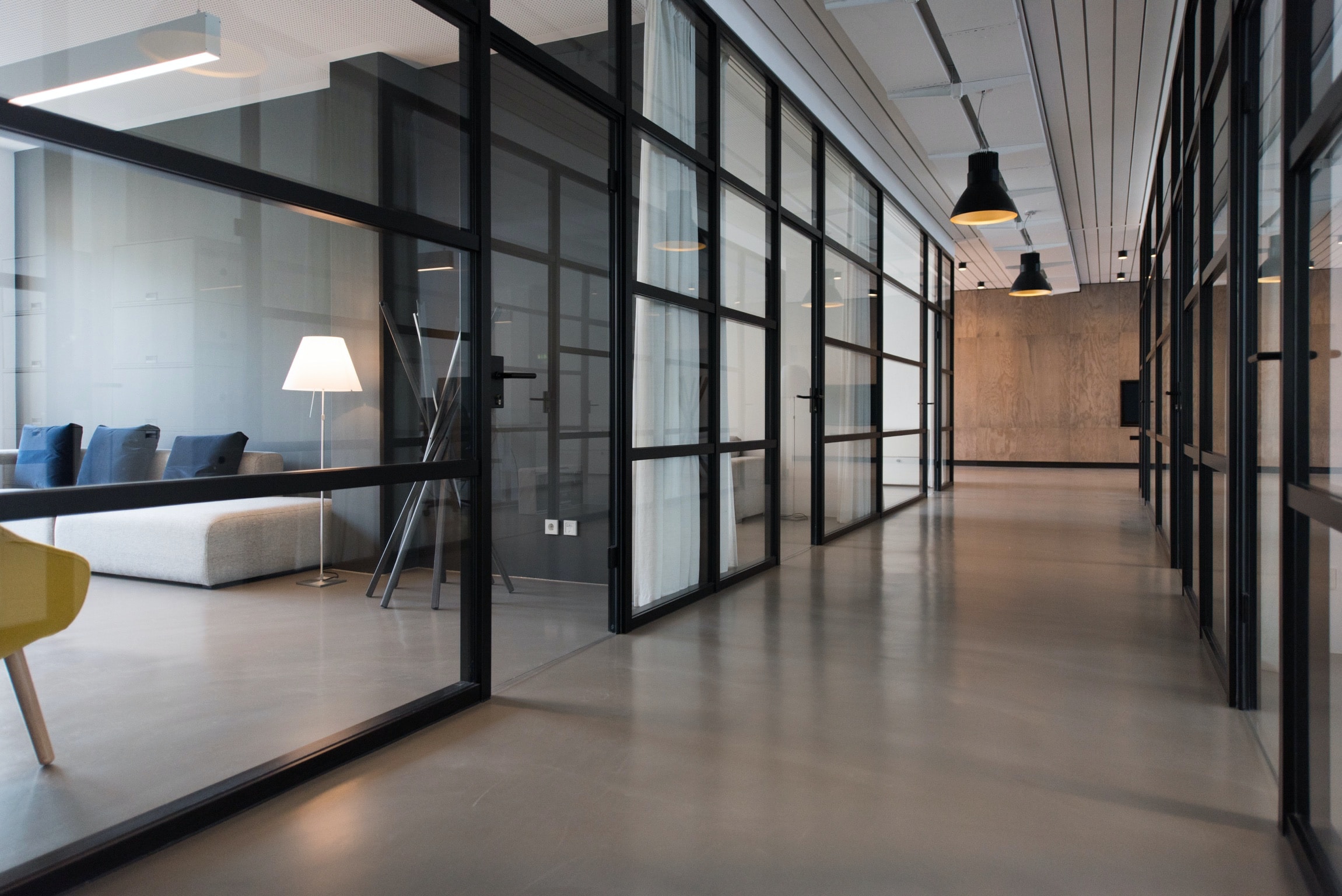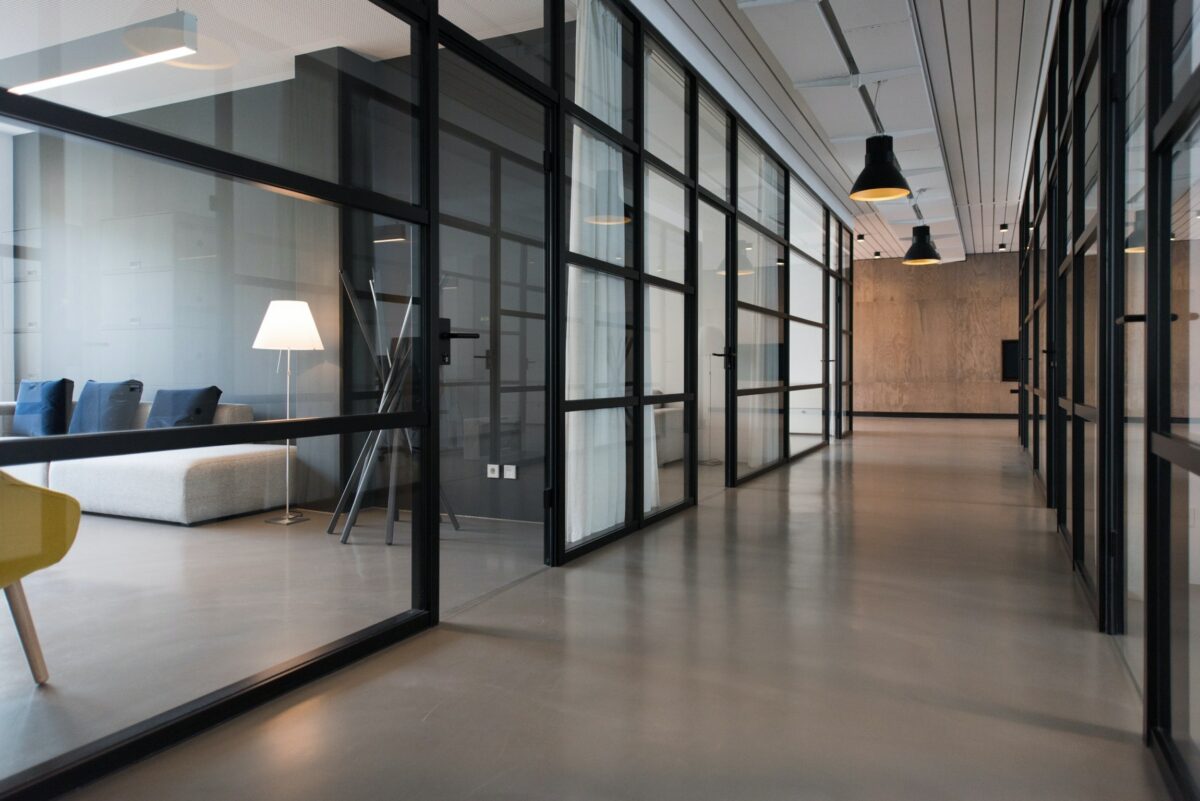
User Manual
The building inspection process, start to finish.
Welcome to the Commercial Building Inspection User Manual! This guide will walk you through the process of conducting a commercial building inspection, from start to finish. Whether you’re a building owner, a prospective buyer, or a tenant, this manual will provide you with valuable information on how to schedule an inspection, what questions to ask, and how to handle the results. Let’s get started!
1. Scheduling an Inspection:
- Determine the Purpose: Identify the purpose of the inspection. Are you buying a property, leasing a space, or conducting a routine checkup? Knowing the purpose will help you communicate your requirements to the inspector.
- Research and Select an Inspector: Look for qualified and reputable commercial building inspectors in your area. Consider their experience, certifications, and customer reviews before making a decision.
- Contact the Inspector: Reach out to the selected inspector and discuss your needs. Provide information about the building, its size, and any specific areas of concern. Schedule a convenient date and time for the inspection.
2. Preparing for the Inspection:
- Gather Relevant Documents: Collect any available documentation related to the building, such as blueprints, previous inspection reports, maintenance records, and permits. These documents can provide valuable insights during the inspection.
- Inform Building Occupants: Notify tenants or occupants about the upcoming inspection to ensure their cooperation and access to relevant areas.
3. Questions to Ask During the Inspection:
During the inspection, take the opportunity to ask the inspector questions to gain a better understanding of the building’s condition. Here are some questions you can consider:
- What is the overall condition of the building?
- Are there any structural issues or signs of deterioration?
- Are the electrical, plumbing, and HVAC systems in good working order?
- Are there any safety concerns or potential code violations?
- What is the estimated lifespan of major building components?
- Are there any immediate repairs or maintenance tasks that need attention?
4. Reviewing the Inspection Results:
- Review the Report: After the inspection, the inspector will provide a detailed report outlining their findings. Carefully review the report, paying close attention to any major issues, safety concerns, or recommended repairs.
- Seek Clarification: If you have any questions or require further clarification on the report, contact the inspector promptly. It’s important to fully understand the inspection findings.
5. Taking Action:
- Prioritize Repairs and Maintenance: Based on the inspection report, identify and prioritize any necessary repairs or maintenance tasks. Address critical issues promptly to ensure the safety and functionality of the building.
- Consult Professionals: For complex or major repairs, consult with qualified professionals such as contractors, engineers, or architects. They can provide expert guidance and help you develop a plan of action.
- Negotiate with Sellers or Landlords: If you’re buying or leasing the building, use the inspection report to negotiate repairs or adjustments to the sale or lease agreement. This can help ensure you’re getting a fair deal and that necessary repairs are addressed.
6. Ongoing Maintenance:
- Develop a Maintenance Plan: Establish a proactive maintenance plan to address regular upkeep and preventive measures. Regular inspections, maintenance tasks, and a proper record-keeping system will help prolong the lifespan of the building and prevent major issues from arising.
- Follow Building Codes and Regulations: Stay updated on local building codes and regulations to ensure compliance. Regularly review safety standards, energy efficiency guidelines, and any other relevant requirements.
Congratulations! You have now completed the Commercial Building Inspection User Manual. By following these steps, you can make informed decisions about commercial properties, ensure the safety of occupants, and maintain the longevity of your building. Remember, if you have any specific concerns or unique circumstances, consult with professionals in the field for tailored advice.

